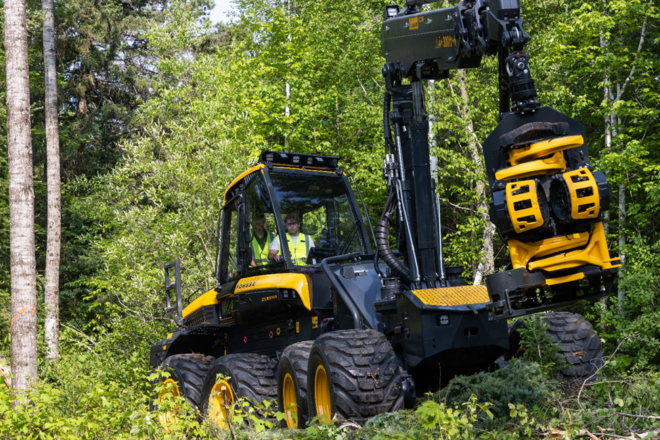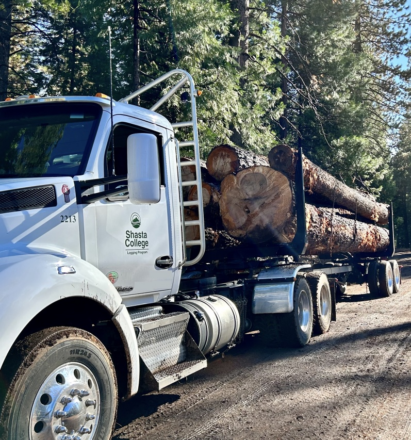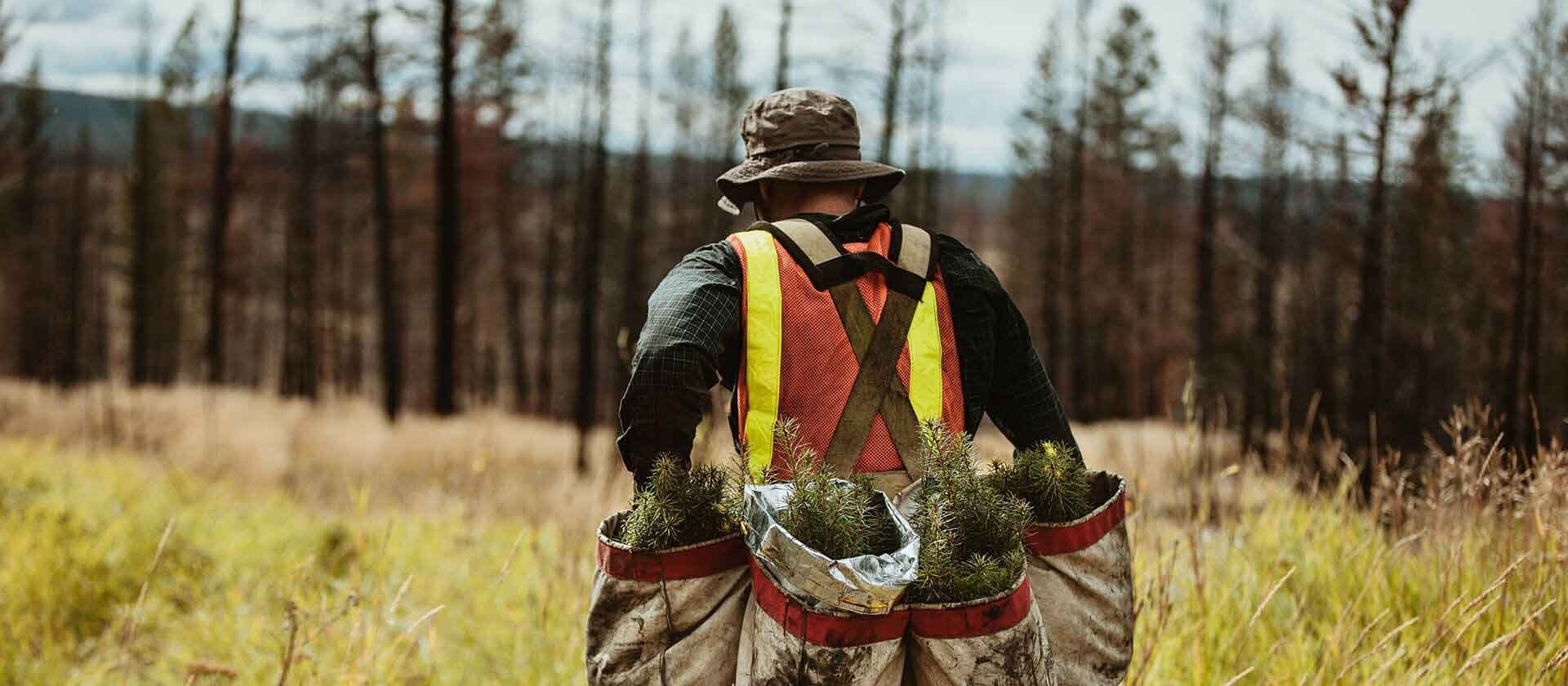FRA Supports Improving Accessibility To Labor In The Forest Products Industry
Targeted workforce education and training programs have been effective recruitment tools in computer programming, utility vegetation management, and automotive industries. Regional forest industry training hubs would allow participants to stay in or near their communities, which reduces the cost to participate and affords program developers increased flexibility in adapting training curricula to meet regional needs through ties to local forest product employers. The forest products industry struggles to find a trained and skilled workforce at all levels as an estimated 40-60 percent of young adults are leaving rural forest-based economies for employment opportunities.
Why FRA Supports the Jobs in the Woods Act. (H.R.5344) (S.3063)
The Jobs in the Woods Act (H.R.5344), introduced by Congresswomen Lori Chavez-DeRemer (R-OR-5) and Marie Gluesenkamp Perez (D-WA-3), would create a grant program for nonprofit organizations, state governments, and colleges to utilize workforce training in forestry-related fields – helping prepare students for jobs in the U.S. Forest Service and the timber industry.

Why FRA Supports H-2B Reform
Because this work is usually seasonal and because tree planting crews are itinerant without connection to a community, domestic workers are typically not interested in these jobs. The Congressionally mandated cap of 66,000 H-2B visas is inadequate to meet the labor needs of seasonal businesses, including H-2B forestry workers. With anticipated increased demand for tree planting over the next five years, it is important that accessibility to H-2B guestworkers be improved.
Key Facts on H-2B Reform
1.
The forestry sector relies on seasonal H-2B forestry workers when there are not enough available U.S. workers to fill these short-term, remote, and itinerant jobs.2.
The Congressionally mandated cap of 66,000 H-2B visas is inadequate to meet the labor needs of seasonal businesses. Currently, demand exceeds the cap of 66,000 visas by two to three times.3.
Every H-2B worker supports an additional 4.6 American jobs and contributes to the economy of rural forest-dependent communities.4.
A 2020 Government Accountability Office report concluded that “counties with H-2B employers generally had lower unemployment rates and higher average weekly wages than counties that do not have any H-2B employers.5.
Every H-2B forestry worker supports an additional 4.6 American jobs and contributes to the economy of rural forest-dependent communities.6.
Before receiving H-2B guest workers, businesses are required to advertise the available jobs to U.S. workers. In FY 2020, the number of U.S. workers who applied for these forestry jobs was only enough to fill two percent of the available positions.7.
H-2B forestry workers plant more than 85% of the trees on public and private forestland each year. That amounts to planting 1.5 billion trees on nearly 2.2 million acres.8.
More H-2B forestry workers will be needed to replant trees on forest lands devastated by wildfires and hurricanes in 2020-2021 and to address worker shortages brought about by the COVID-19 pandemic. Currently, there is an estimated three- to five-year tree planting backlog.9.
Sixty percent of the employers of H-2B forestry workers stated that they anticipate their labor needs to increase in the next one- to three-years. Seventy-three percent said there would not be enough H-2B visas available to meet their tree-planting needs.10.
The percentage of businesses who did not receive visas for all the H-2B forestry workers they requested doubled from 16% in FY 2019 to 32% in FY 2020.Policy Objectives
FRA supports FY 2024 appropriations language that provides the Department of Homeland Security (DHS) with the authority to release additional H-2B visas in an efficient and timely manner.
FRA also supports permanent H-2B cap relief as a standalone measure or part of other relevant immigration legislation in the House and the Senate.
H-2B’s Importance to the Forest Products Industry
Resources
23-R-27 Innovative BMP Training in Minnesota
23-R-24 The Agricultural and Food Research Initiative- Education and Workforce Development
Auburn University’s New Online Master Of Forest Business And Investments Program Offers Advanced Degree To Working Professionals
Initial Effects of COVID-19 on U.S. Forest Sector
State Resources for Workforce Development
Assessing the Impact of the Presidential Proclamation Suspending the Entry of H-2B Guest Workers into the United States: How Forestry Benefited by Being Recognized in the National Interest Exemption
Forest Crew Worker Electrocuted While Trying to Cut Tree Fallen on High-Voltage Power Line
On a dry and overcast fall day in the Pacific Northwest,…
Logger Seriously Injured by Falling Chipper Knives
Background On a clear summer day in the Southeastern Region, a…
Employee Crushes Finger in Feller-Buncher Door
Background On an overcast winter day in the Southcentral Region, a…
Mechanic Injured While Changing Dual Tires on Feller-Buncher
Background On a clear and sunny morning in the Southeast Region,…
Following Too Closely Results in Serious Collision
Background On a late spring day in the Pacific Northwest, two…
Cable Yarder Operator Dies When Caught in Drive Shaft
Background On a winter day in the Pacific Northwest, a cable…
2023 FRA Lakes States Region Fall Meeting Presentations
Drivers Wanted – Using Data to Understand the Commercial Truck Driver Shortage
Building a Diverse and Resilient Workforce
Retaining and Developing Your Workforce
H-2B Workers The Critical Role They Play in Sustaining US Forests
Related Articles

Exploring Careers in Forestry: What Does a Timber Marketing Manager Do?
As the forest products market goes through its ups and downs,…

Wisconsin Forestry Careers Coalition “Moving Forestry Forward”
In July 2021, the Wisconsin Forestry Center (WFC) at the University…

Training Effective Stewards Of Our Forests
Effectively stewarding our shared forest resources means applying diverse management strategies…


Resources
View reports of technical innovations, public outreach strategies, woodlands safety and security case studies about the forest resources community.
View Resources